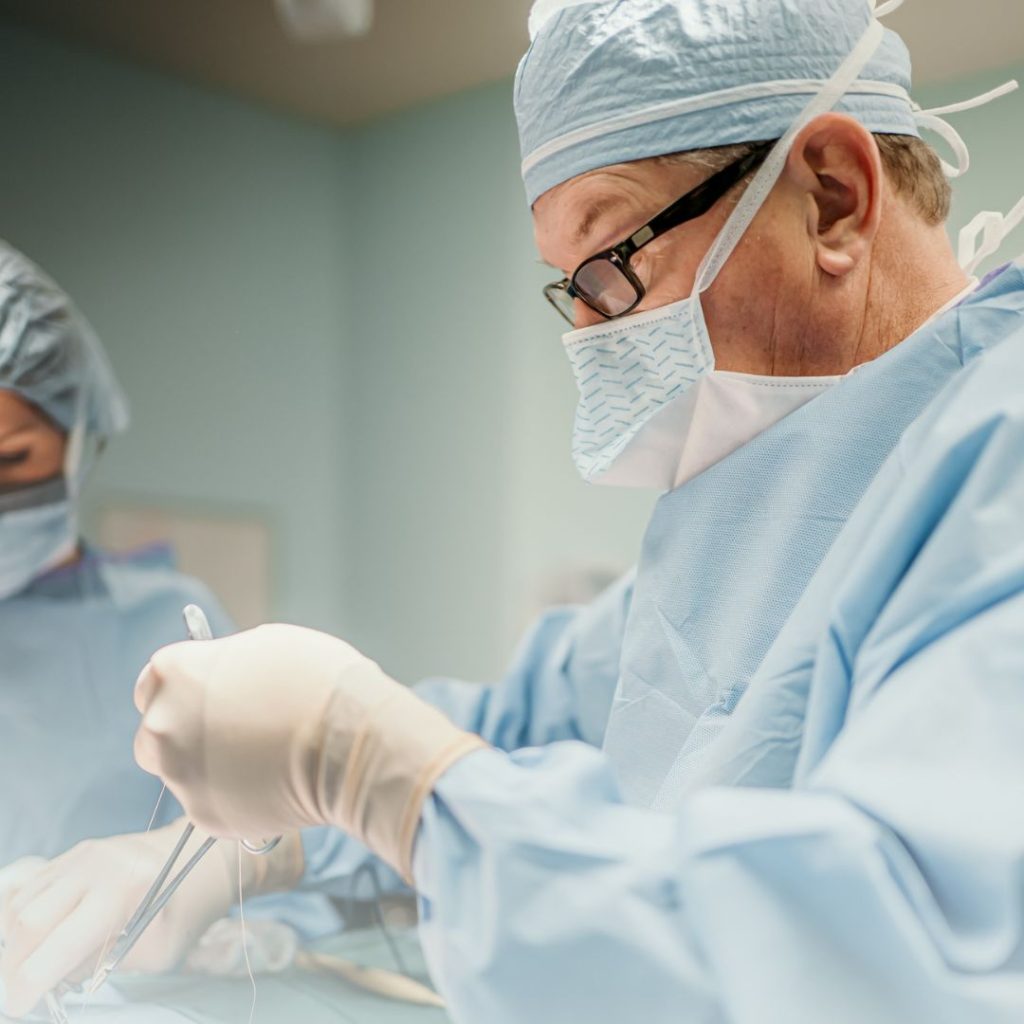Plastic Surgery and Anesthesia: Weighing Your Options
Millions of people around the world are undergoing cosmetic procedures every year. Whether it’s to improve the shape of the abdomen, change breast size, or get rid of stubborn pockets of fat, the options available to everyone today are at an all-time high.
Yet, one concern that holds many people back from looking their best is the fear of going under general anesthesia. Is it possible to have plastic surgery without general anesthesia? What’s the deal with “awake” plastic surgery? And what are the options if you’re thinking about going under the knife?
Plastic Surgery Without Anesthesia
Believe it or not, a lot of cosmetic procedures don’t require any anesthesia. For example, skin rejuvenation with a chemical peel can brighten up your face without the need for any anesthesia. You’ll have fewer fine lines, less dryness and dullness, and reduced pigmentation.
In fact, most patients can complete all of our aesthetician services and injectable treatments with no anesthesia. Sometimes patients require a little topical numbing cream, but for the most part, all of the non-surgical procedures require no anesthesia. If you want more work done, you’ll have to be open to the idea of some type of anesthesia.
Plastic Surgery with Local Anesthesia
Having a procedure with local anesthesia means you’ll remain fully awake throughout your procedure. Only the area that will be worked on will be numbed. A numbing medication (usually lidocaine) is injected into the surgical site before starting the procedure.
Sometimes, the numbing medication comes as a spray or ointment. The local anesthetic will block all the pain and discomfort of the procedure. Your plastic surgeon may use intravenous (IV) sedation along with the local anesthetic to help you feel comfortable, relaxed, and less anxious.
A long list of procedures can be safely completed under local anesthesia, including surgeries like earlobe repair, scar revision, and other minor procedures. Your medical provider will discuss these options with you and make sure the surgery you require can be completed safely under local anesthesia.
Plastic Surgery with Twilight Anesthesia
In some instances, a lighter version of general anesthesia can be administered to the patient to control the level of consciousness. This is commonly called “twilight” anesthesia because it puts the patient in a relaxed, sleepy state without completely knocking them out. A controlled amount of anesthetic “cocktail” (a mixture of medications) is given to the patient to induce a light semi-conscious state. The awakening and recovery from twilight anesthesia are quicker compared to general anesthesia.
Some of the procedures that can be accomplished by this means of anesthesia are blepharoplasty (eyelid surgery), labiaplasty, and other procedures deemed safe by a board-certified plastic surgeon.
Plastic Surgery Under General Anesthesia
For more intensive surgical treatments, your plastic surgeon may advise general anesthesia. An anesthesiologist will be on hand during the procedure to monitor your vital signs while the plastic surgeon does their job. You will be completely unconscious during the entire process.
Many plastic surgery surgical procedures require general anesthesia as it ensures the patient will not feel any pain and allows the surgeon to execute the surgery without worrying about the patient moving or feeling uncomfortable.
Local vs. General Anesthesia for Cosmetic Procedures
The benefits of local anesthesia are many. For one, cosmetic surgeries performed with local anesthesia take less time to complete. They’re also associated with a dramatically quicker recovery because the body only has to heal the specific treatment area. Furthermore, some patients feel better about not having to go under general anesthesia and opt for local anesthesia instead. Yet, local is not always better.
Let’s take the example of an abdominoplasty (tummy tuck). We recommend general anesthesia for these types of procedures and feel it allows us to achieve the best results. General anesthesia helps relax the abdominal muscles. This allows the surgeon to tighten the muscles optimally during the surgery. Last but not least, sometimes, when the procedure is done without general anesthesia, the postoperative discomfort is worse than necessary. So, “going under” does have its benefits for some types of procedures and certain patients.
Is General Anesthesia Safe?
Overall, general anesthesia is very safe. Most people, including those with significant health problems, can safely “go under” with general anesthetics. More than 200 million major surgical procedures are carried out under anesthesia worldwide every year. Lasting damage or death as a result of anesthesia is extremely rare, occurring in less than 1% of cases. Some advantages of general anesthesia include:
- No awareness or recall of the surgery
- Breathing and circulation can be tightly controlled
- Allows use of muscle relaxants
- Can be used in patients with allergy/sensitivity to local anesthetics
- Can be given and reversed rapidly
Ask Your Plastic Surgeon About Your Options
Confused about what type of anesthesia to choose for your cosmetic procedure? The most important thing for you as a patient is to consult a board-certified plastic surgeon with expertise in the type of procedure you are anticipating. Our surgeons will walk you through your anesthetic options and help you make the right choice.
Each patient who undergoes plastic surgery has unique aesthetic goals. Our surgeons want to understand these goals and adjust the surgical plan to meet our patient’s desires. This can include plastic surgery with or without general anesthesia if that is what is deemed the best course of action by our medical team.
As always, if you have any questions about anesthesia or any other topic surrounding a possible cosmetic procedure, then please don’t hesitate to contact us and we would love to help answer any additional questions.





